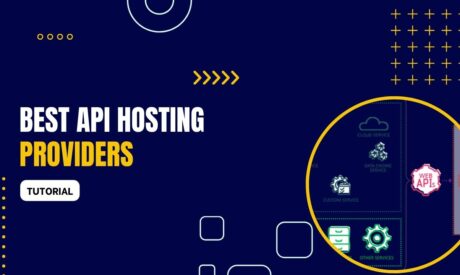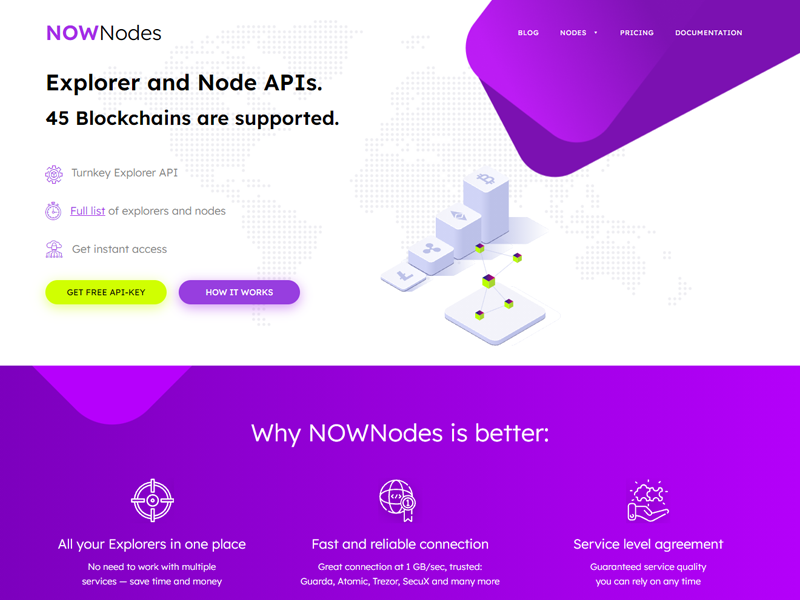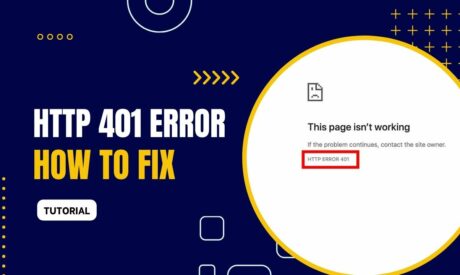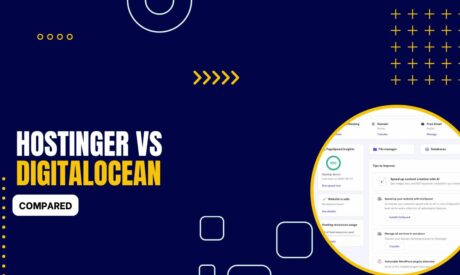APIs (Application Programming Interfaces) serve as the backbone of digital innovation. They enable applications to communicate seamlessly, drive automation, and foster collaboration between businesses. However, as the reliance on APIs grows, so does the potential for vulnerabilities. Ensuring robust API security is no longer optional—it’s an essential pillar of sustainable digital growth.
APIs: The Foundation of Digital Transformation
APIs play a critical role in enabling businesses to deliver modern digital experiences. From e-commerce platforms integrating payment gateways to social media applications embedding mapping services, APIs power countless services. This interoperability fuels innovation by allowing companies to build on existing technologies rather than reinventing the wheel.
However, this interconnectedness also creates a larger attack surface. A single compromised API can expose sensitive data, disrupt services, and tarnish a company’s reputation. As APIs become integral to business strategies, safeguarding them is vital to ensuring continued growth and trust in digital ecosystems.
The Risks of Neglecting API Security
1. Data Breaches
APIs often act as conduits for sensitive data. Without proper security measures, malicious actors can exploit vulnerabilities to access confidential information, leading to data breaches that may result in financial losses and legal consequences.
2. Service Disruption
APIs are essential for the smooth functioning of applications and services. Cyberattacks such as Distributed Denial of Service (DDoS) attacks targeting APIs can cause downtime, disrupting business operations and customer experiences.
3. Reputational Damage
A security lapse can significantly harm a company’s reputation. Customers and partners expect robust protection for their data. Failure to deliver can erode trust, affecting customer retention and future business opportunities.
Key Elements of Effective API Security
1. Authentication and Authorization
Strong authentication mechanisms ensure that only legitimate users and applications can access APIs. Implementing robust authorization protocols like OAuth ensures that users only have access to the resources they’re entitled to.
2. Encryption
Encrypting data transmitted through APIs using protocols like TLS (Transport Layer Security) protects sensitive information from being intercepted by unauthorized entities.
3. Rate Limiting and Throttling
These measures prevent abuse by restricting the number of requests a user or application can make within a specific timeframe. This helps mitigate DDoS attacks and reduces server strain.
4. Continuous Monitoring and Testing
Regular monitoring of API traffic can help identify unusual patterns that may indicate a security threat. Penetration testing and vulnerability assessments ensure APIs remain secure against emerging threats.
API Security as a Growth Enabler
Investing in API security doesn’t just mitigate risks—it actively supports business growth. By ensuring APIs are secure, businesses can confidently expand their services, integrate with third-party solutions, and foster innovation. Strong security measures build customer trust, a crucial factor in retaining and growing a loyal user base.
Moreover, compliance with regulatory standards such as GDPR or HIPAA often requires robust API security practices. Meeting these standards not only avoids penalties but also opens doors to partnerships and markets that demand stringent security.
Conclusion
As businesses increasingly depend on APIs to drive digital transformation, the importance of API security cannot be overstated. It is a critical enabler of trust, innovation, and scalability in the digital age. By prioritizing robust security practices, organizations can protect their assets, maintain customer trust, and unlock new opportunities for growth in a secure and resilient manner.
As one of the co-founders of Codeless, I bring to the table expertise in developing WordPress and web applications, as well as a track record of effectively managing hosting and servers. My passion for acquiring knowledge and my enthusiasm for constructing and testing novel technologies drive me to constantly innovate and improve.
Expertise:
Web Development,
Web Design,
Linux System Administration,
SEO
Experience:
15 years of experience in Web Development by developing and designing some of the most popular WordPress Themes like Specular, Tower, and Folie.
Education:
I have a degree in Engineering Physics and MSC in Material Science and Opto Electronics.









Comments